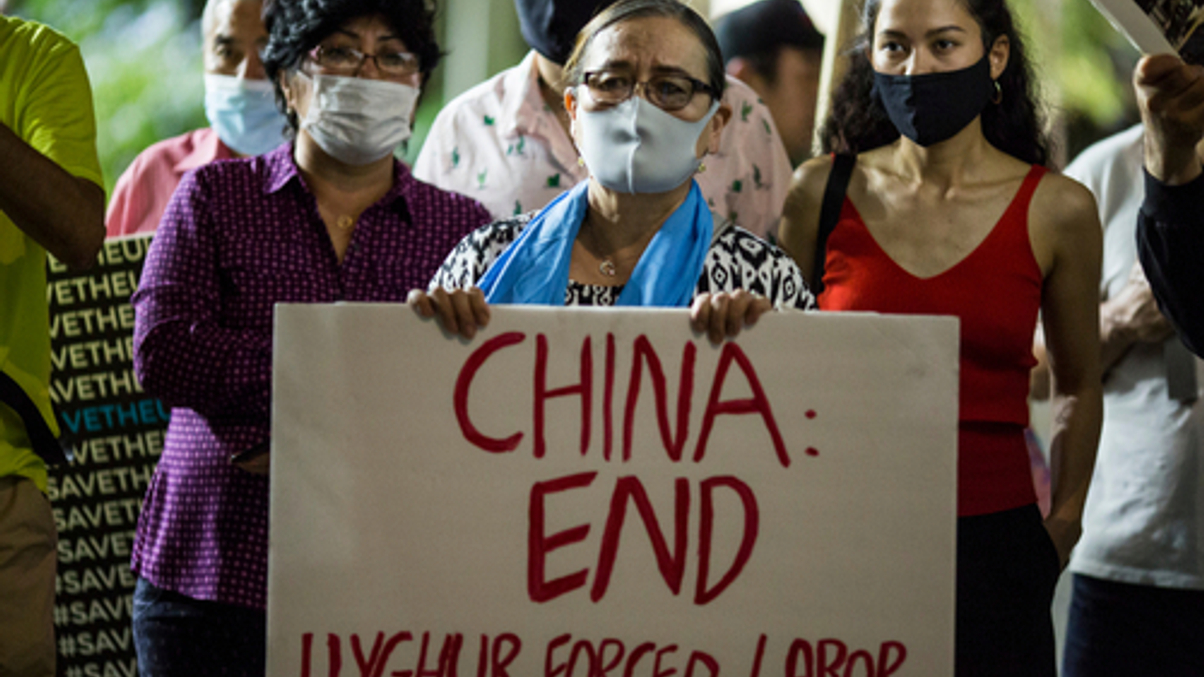How AkademikerPension excludes China state assets
The Danish retirement fund for academics has long screened out companies and countries from its portfolio, but has further stepped up its focus on ESG issues in the past few years.

Amid the much-touted focus on environmental, social and governance (ESG) issues these days, some investors – like Denmark’s pension scheme for the academic sector – adhere to their principles rather more strictly than others.
Sign in to read on!
Registered users get 2 free articles in 30 days.
Subscribers have full unlimited access to AsianInvestor
Not signed up? New users get 2 free articles per month, plus a 7-day unlimited free trial.
¬ Haymarket Media Limited. All rights reserved.


